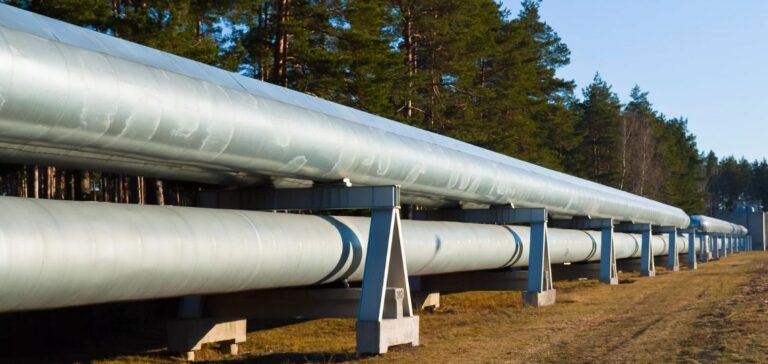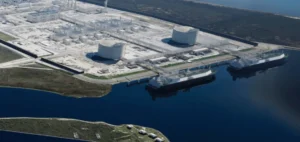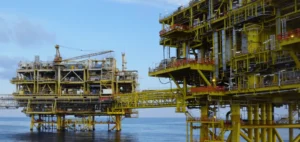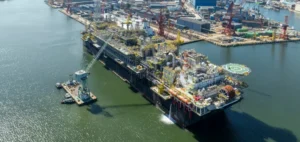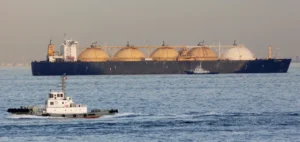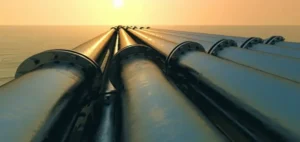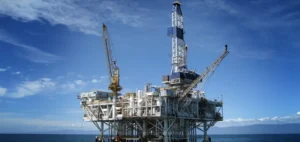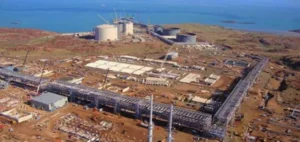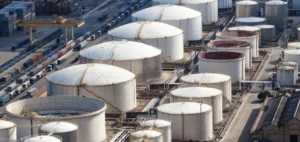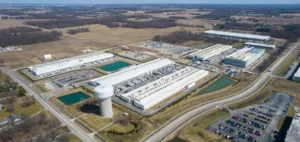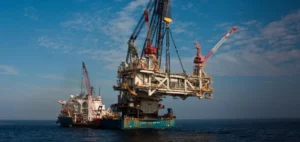Azerbaijan is currently in talks with Russia to extend gas transit via Ukraine. This initiative is in response to requests from Ukraine and the European Union (EU) to extend the gas transit contract, due to expire at the end of 2024.
This contract is crucial for several European countries, notably Austria and Slovakia.
Aliyev, Azerbaijan’s president, explains that his country could facilitate this extension.
“We have been approached by the Ukrainian authorities and the EU to help extend this contract,” says Aliyev.
Negotiations with Russia are ongoing, and Aliyev believes it is possible to reach an agreement.
Impact on Austria and Slovakia
The absence of Russian gas flows via Ukraine could seriously affect countries such as Austria and Slovakia.
Aliyev points out that these countries would either have to pay much more to obtain gas from other sources, or face a supply deficit.
At present, Russian gas transit via Ukraine represents around 42 million cubic meters per day, or 15 billion cubic meters per year.
In 2023, these deliveries totaled 14.65 billion cubic meters, down 28% on 2022.
Alternative with Azerbaijan
Ukrainian President Volodymyr Zelensky mentions that Kyiv is considering transiting Azerbaijani gas to Europe via Ukraine.
This option is currently under discussion between the Ukrainian and Azerbaijani governments.
The European Commission and the German government are also holding discussions with EU member states potentially affected by a halt to transit via Ukraine.
Slovak Prime Minister Robert Fico is expressing interest in importing Azerbaijani gas via Ukraine, with the support of Ukrainian Prime Minister Denys Shmyhal.
Accusations of gas resale
Aliyev addresses accusations that Azerbaijan is reselling Russian gas to Europe, calling the allegations “fake news”.
He defends the decision to purchase 1 billion cubic meters of Russian gas, insisting that this was a purely commercial decision, motivated by affordable prices.
In addition, Azerbaijan has stopped gas imports as part of an exchange agreement with Turkmenistan and Iran.
“We don’t need anyone else’s gas,” says Aliyev, adding that the transport of Turkmen gas via Iran to Azerbaijan has also been halted.
Energy relations with Europe
Energy relations between Azerbaijan and Europe continue to develop.
In 2024, Azerbaijan plans to supply 13 billion cubic meters of gas to Europe, up from 11.8 billion in 2023.
Aliyev underlines the goal of doubling gas supplies to Europe by 2027, in line with the declaration of strategic partnership signed with the European Commission in July 2022.
Negotiations between Azerbaijan and Russia on gas transit via Ukraine are essential for the energy stability of several European countries.
This initiative reflects Azerbaijan’s strategic position in regional and European energy geopolitics.

